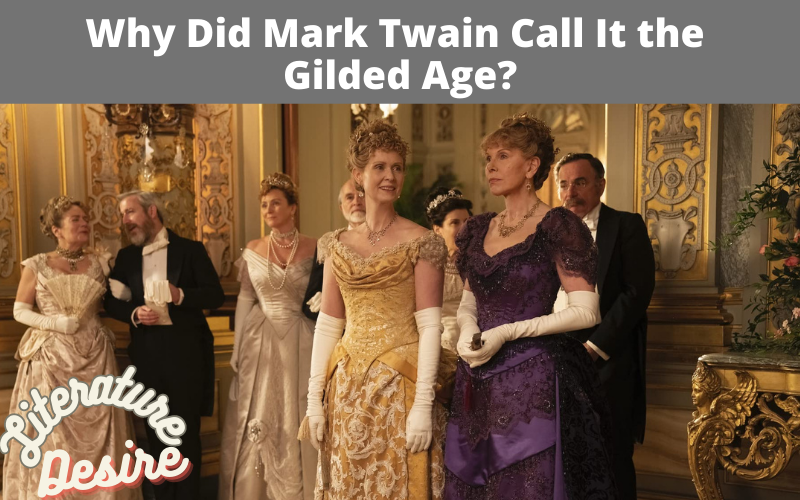Major Themes in Ghost by Henrik Ibsen is a renowned play that delves into the complexities of societal expectations, gender roles, and the weight of inherited beliefs. Set in 19th-century Norway, the play follows characters entangled in a web of secrets and deception, grappling with the consequences of their actions and the haunting power of the past.
Ibsen’s masterpiece challenges the norms of his time, shining a light on hypocrisy, societal constraints, and the quest for personal authenticity. Through compelling characters and thought-provoking themes, “Ghost” remains a timeless exploration of human struggles and the pursuit of truth.
Major Themes in Ghost by Henrik Ibsen
The Burden of Inherited Beliefs: Cultural and Moral Constraints
One of the central themes in “Ghost” is the burden of inherited beliefs. Ibsen explores the impact of societal norms, cultural traditions, and moral constraints on individual lives.
The play challenges the notion that blindly following inherited values and beliefs can lead to fulfillment, as characters struggle to break free from the shackles of tradition and confront the consequences of deeply ingrained societal expectations.
Secrets and Deception: The Weight of Hidden Truths
“Ghost” delves into the theme of secrets and deception. The play exposes the destructive power of concealing the truth and the devastating consequences of living in a web of lies.
The characters’ hidden secrets and their unwillingness to confront reality contribute to their personal anguish and the deterioration of their relationships. Ibsen highlights the necessity of confronting the truth and the potential for healing and growth that comes from embracing honesty.
Gender Roles and Expectations: Society’s Treatment of Women
Gender roles and societal expectations are prominent themes in “Ghost.” Ibsen critiques the limitations imposed on women by a patriarchal society, examining the consequences of repressive gender norms. The play portrays the struggles of female characters that are confined to traditional roles and denied agency, ultimately challenging societal conventions and advocating for women’s rights and independence.
Hypocrisy and Morality: The Gap between Appearances and Reality
The theme of hypocrisy and morality is a significant aspect of “Ghost.” Ibsen exposes the hypocrisy of characters who present themselves as morally upright and virtuous while engaging in morally questionable actions behind closed doors.
The play explores the gap between appearances and reality, highlighting the contradictions and ethical dilemmas faced by individuals who adhere to societal expectations while compromising their own moral compass.
The Weight of the Past: The Haunting Power of History
“Ghost” examines the theme of the weight of the past. The play delves into the ways in which past actions and events continue to haunt and influence the present. Characters grapple with the consequences of their ancestors’ choices, exposing the intergenerational impact of secrets, scandals, and unresolved conflicts.
Ibsen emphasizes the need to confront and learn from the past in order to break free from its grip and create a more enlightened future.
Individual Freedom and Autonomy: Breaking Free from Conformity
The theme of individual freedom and autonomy runs throughout “Ghost.” The play explores the characters’ struggles to assert their independence and make choices that align with their true desires and beliefs.
Ibsen challenges the notion that conformity and obedience to societal expectations lead to happiness, encouraging individuals to embrace their own agency and forge their own paths.
Social Criticism: Unmasking the Flaws of Society
“Ghost” serves as a vehicle for social criticism. Ibsen uses the play to expose the flaws and hypocrisies of society, particularly in the realms of gender inequality, moral hypocrisy, and oppressive societal norms. By shedding light on these issues, the play calls for social reform and challenges audiences to question and challenge the status quo.
The Quest for Truth and Authenticity: Self-Discovery and Personal Growth
The quest for truth and authenticity is a key theme in “Ghost.” Characters embark on journeys of self-discovery and personal growth as they grapple with their own identities and confront the truth.
Ibsen highlights the transformative power of embracing one’s true self and the potential for liberation and fulfillment that comes from living in accordance with one’s own values and convictions.
Conclusion: Major Themes in Ghost
“Ghost” by Henrik Ibsen explores major themes including the burden of inherited beliefs, secrets and deception, gender roles and expectations, hypocrisy and morality, the weight of the past, individual freedom and autonomy, social criticism, and the quest for truth and authenticity.
Through the play, Ibsen challenges societal norms exposes the flaws of the human condition, and encourages individuals to confront the truth and strive for personal growth and liberation. “Ghost” remains a timeless and thought-provoking exploration of the complexities of the human experience.



